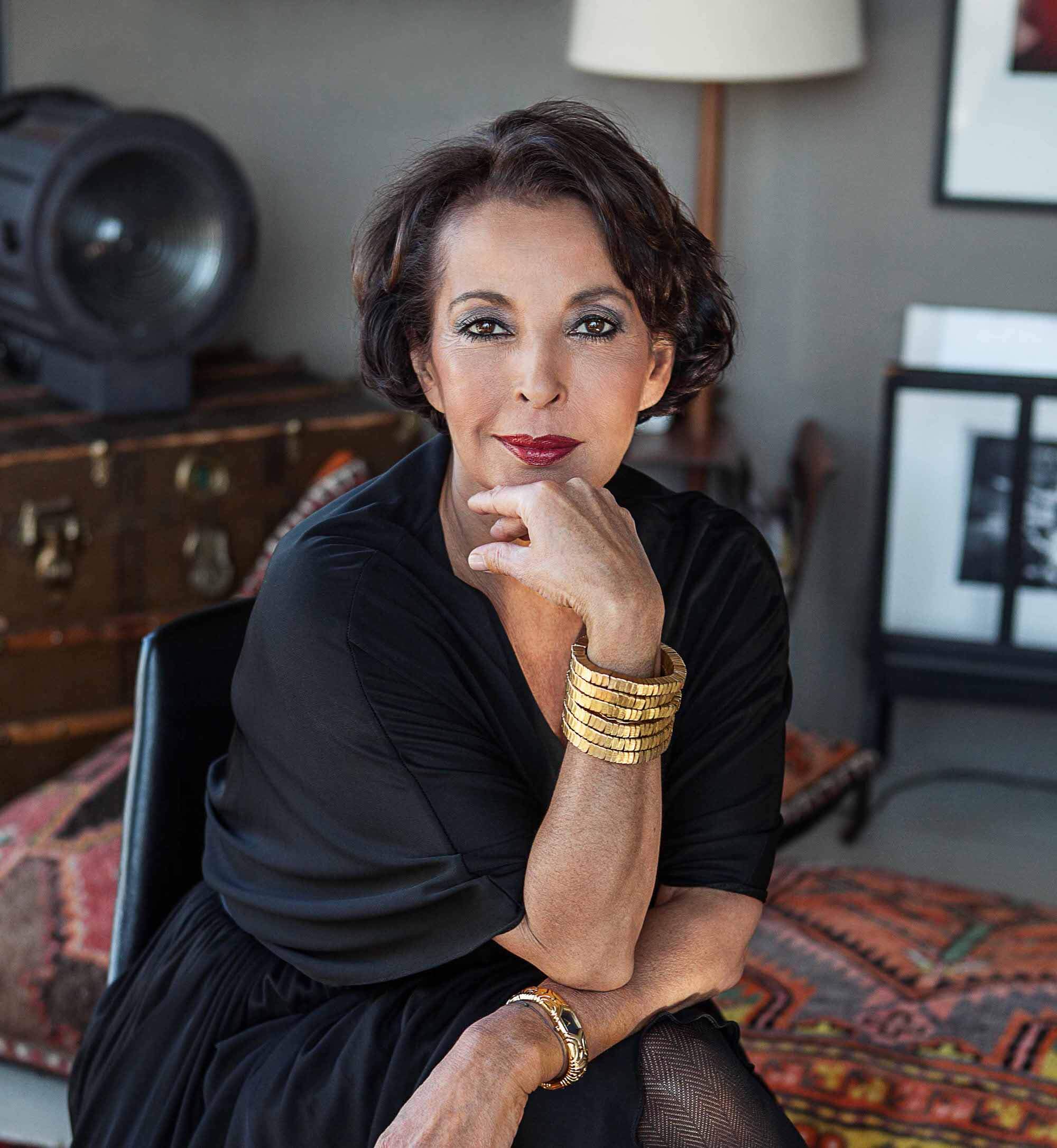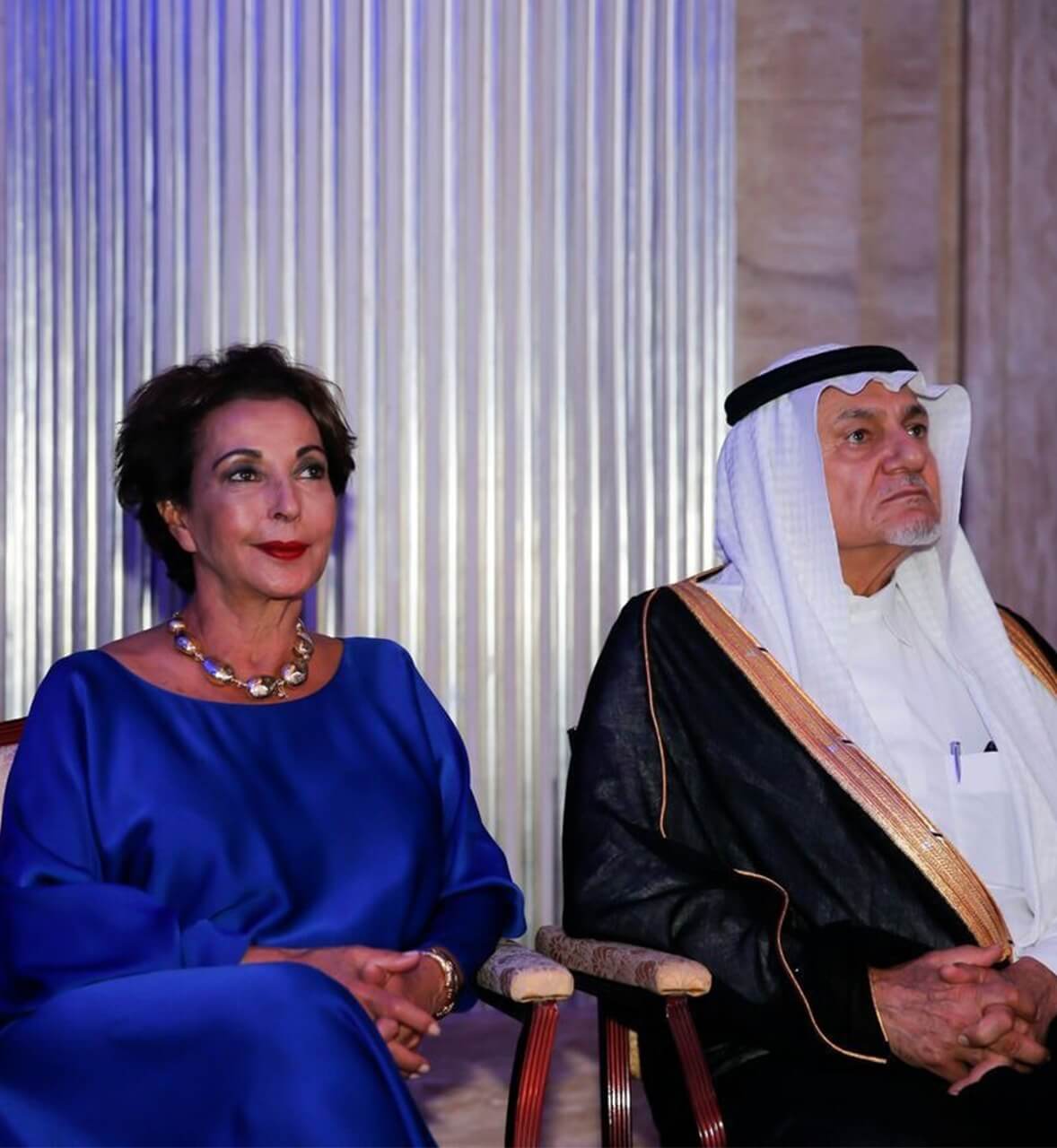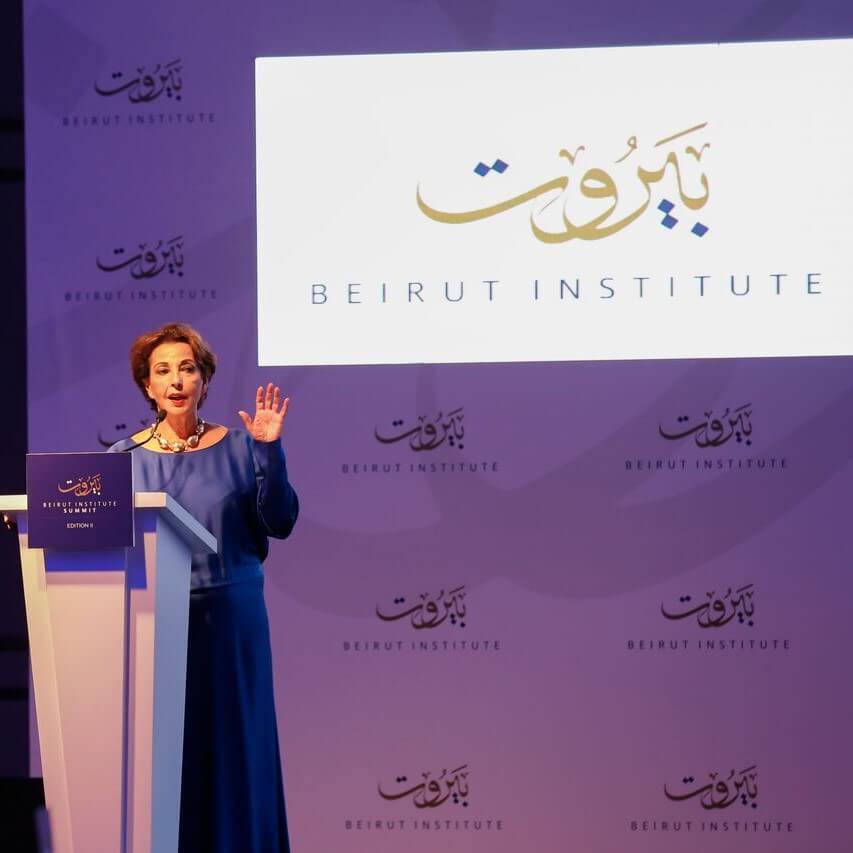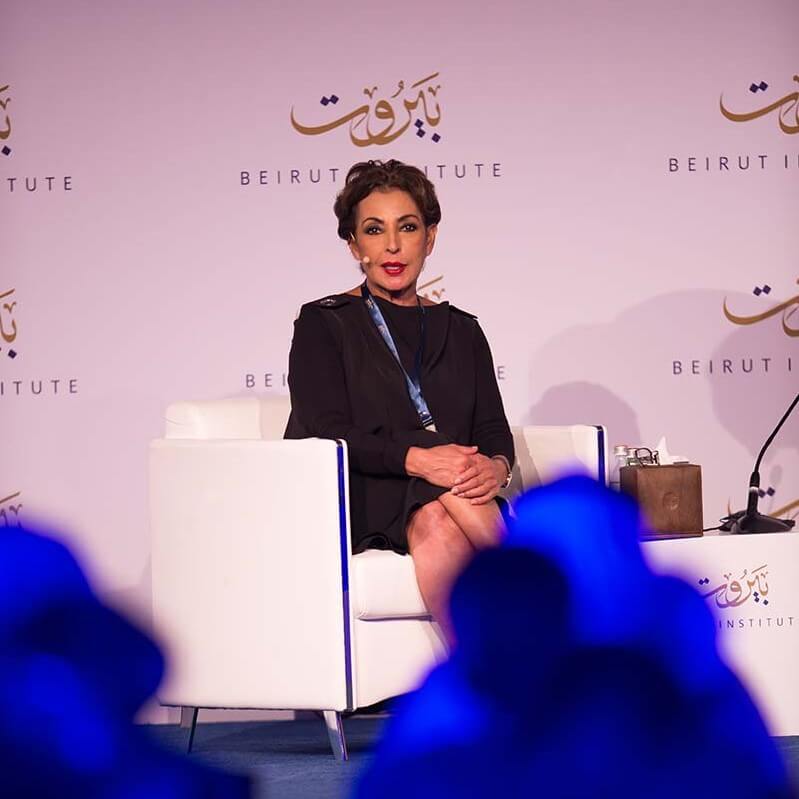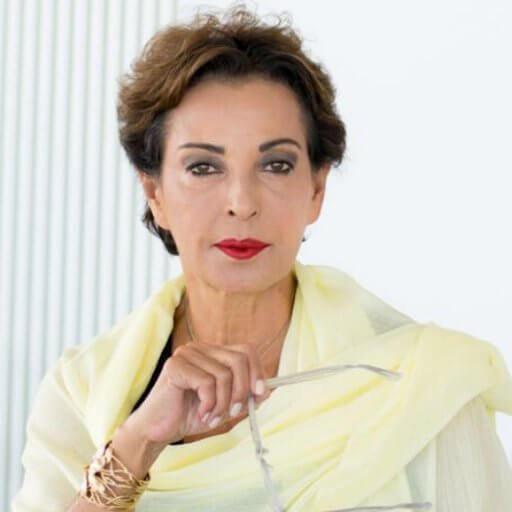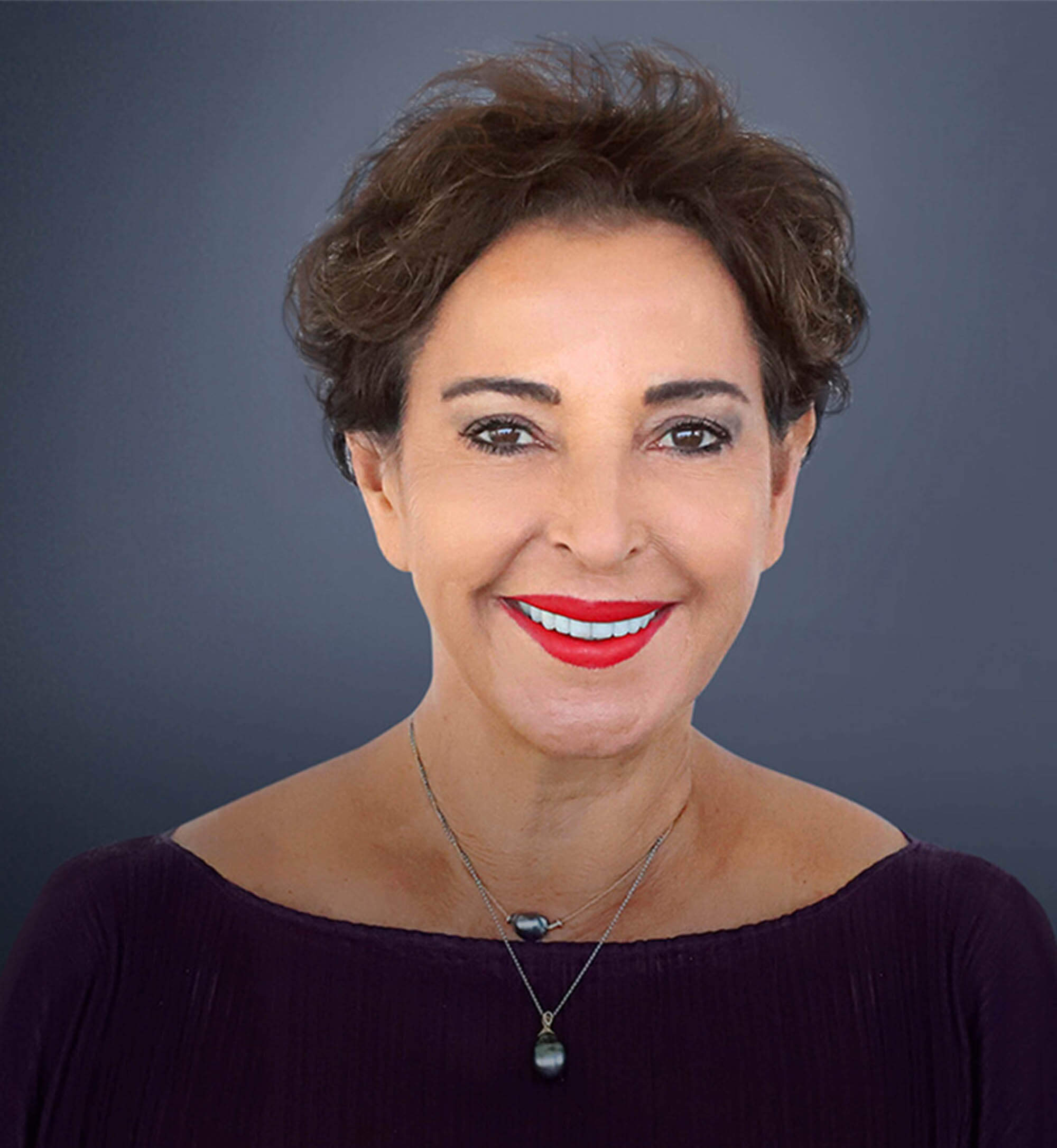
As an international correspondent and television commentator on global affairs in the US, Europe, Russia, China and the Arab world, Dergham has been seen as a woman who broke the glass ceiling multiple times and inspired young women to become political commentators and analysts. She has made over a thousand appearances as a global affairs specialist and expert on the UN.
Since the late 1980s, Dergham has interviewed over 40 global heads of state and leaders including US president George W Bush, Russia’s president Boris Yeltsin, Egypt’s president Hosni Mubarak, HM King Hussain of Jordan and HM King Abdullah II of Jordan, Iran’s president Abolhassan Bani Sadr, Palestinian presidents Yasser Arafat and Mahmoud Abbas, France’s president Giscard d’Estaing, Philippine’s president Ferdinand Marcos, India’s prime minister Rajiv Ghandi, Sweden’s prime minister Olof Palme- and over 80 ministers from all over the globe. She covered the historic American-Soviet summits and 27th Soviet Communist Party Congress. Dergham has interviewed and worked with succeeding UN Secretary Generals, including, Javier Perez de Cuellar, Boutros Boutros Ghali, Kofi Annan and Ban Ki-moon, among others. She moderated a roundtable of eight presidents and prime ministers for the United Nations Conference on Trade and Development in Bangkok.
